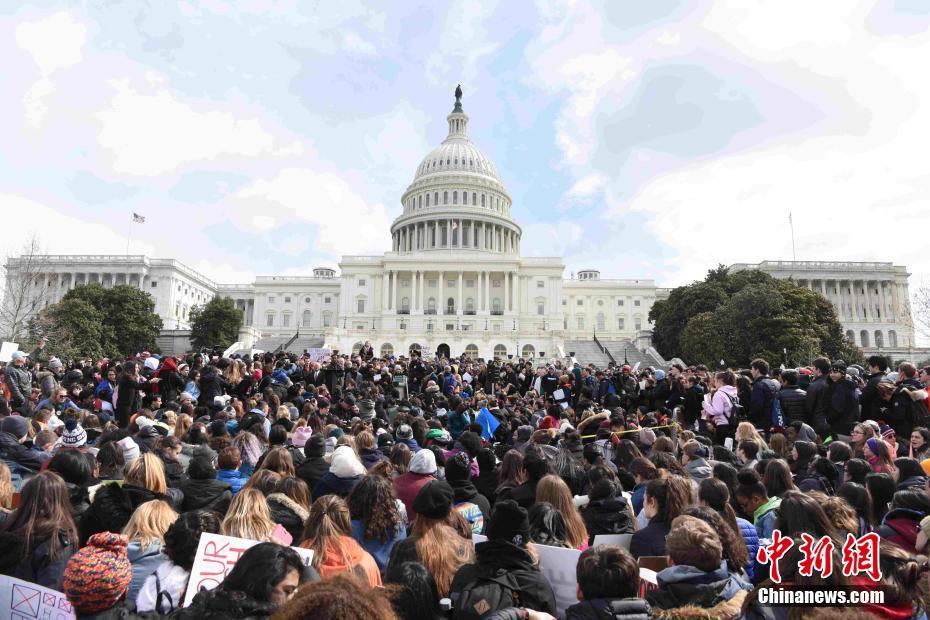
Short-term memory, long-term memory. Cognitive psychology regards memory as the process of coding, storing and extracting input information by the human brain. Memory is divided into three systems: instantaneous memory, short-term memory and long-term memory, which is based on the different ways of encoding, storing and extracting information, as well as the different length of information storage time.
What are the three memory systems: memory is also regarded as the process of the human brain encoding, storing and extracting input information, and according to the different ways of coding, storing and extracting information, as well as the different length of information storage time, memory is divided into instantaneous memory, short-term memory and long-term memory. A system.
What are the three memory systems? According to the different ways of encoding, storing and extracting information, and the different length of information storage time, memory is divided into three systems: instantaneous memory, short-term memory and long-term memory.
The three stages of memory are sensory memory, short-term memory and long-term memory. Sensory memory: Sensory memory refers to the information we receive through various sensory organs, such as vision, hearing, touch, taste and smell.
What are the three memory systems? According to the different ways of coding, storage and extraction of information, and the different length of information storage time, memory is divided into instantaneous memory, short-term memory and long-term memory. Remember the three systems.
The coding method of instantaneous memory, that is, the way instantaneous memory remembers information, is the image of external stimuli. Because the information of instantaneous memory is first registered in the sensory channel in the form of sensory images, instantaneous memory has a distinct image. The capacity of instantaneous memory is large, but the retention time is very short.
Perception is the cognitive process of giving meaning through information. ( 2) Working memory. It is the memory of processing and encoding information in the human brain within a minute. The holding time is about 5 seconds to 1 minute. Short-term memory also includes direct memory and working memory.

Weber's score), which is only applicable to medium-intensity stimuli, which is different from the Weber's score of sensory organs (2) Fechner's Law: 1860, using the differential threshold as the unit of sensation, a stimulus was measured. The difference threshold contained is believed to be the psychological intensity caused by this stimulus.
The concept of memory is the psychological process of accumulating, preserving and extracting individual experience in the mind.From storing into the brain to extracting and applying again, this complete process is collectively called memory.
Long-term memory refers to the memory maintained for more than a minute after external stimuli appear in a very short time. Features: The capacity of memory is unlimited, whether it is the type or quantity of information. Coding Semantic coding: Use words to process information and organize coding according to the meaning of the material.
Memory and memory process Definition: It is the reaction of past experience in the mind. Past experience refers to the perception of things, thinking about problems, the emotional experience caused by things, and the actions that have been carried out in the past. Function: It is the root of wisdom and the cornerstone of psychological development.
casino plus free 100-APP, download it now, new users will receive a novice gift pack.
Short-term memory, long-term memory. Cognitive psychology regards memory as the process of coding, storing and extracting input information by the human brain. Memory is divided into three systems: instantaneous memory, short-term memory and long-term memory, which is based on the different ways of encoding, storing and extracting information, as well as the different length of information storage time.
What are the three memory systems: memory is also regarded as the process of the human brain encoding, storing and extracting input information, and according to the different ways of coding, storing and extracting information, as well as the different length of information storage time, memory is divided into instantaneous memory, short-term memory and long-term memory. A system.
What are the three memory systems? According to the different ways of encoding, storing and extracting information, and the different length of information storage time, memory is divided into three systems: instantaneous memory, short-term memory and long-term memory.
The three stages of memory are sensory memory, short-term memory and long-term memory. Sensory memory: Sensory memory refers to the information we receive through various sensory organs, such as vision, hearing, touch, taste and smell.
What are the three memory systems? According to the different ways of coding, storage and extraction of information, and the different length of information storage time, memory is divided into instantaneous memory, short-term memory and long-term memory. Remember the three systems.
The coding method of instantaneous memory, that is, the way instantaneous memory remembers information, is the image of external stimuli. Because the information of instantaneous memory is first registered in the sensory channel in the form of sensory images, instantaneous memory has a distinct image. The capacity of instantaneous memory is large, but the retention time is very short.
Perception is the cognitive process of giving meaning through information. ( 2) Working memory. It is the memory of processing and encoding information in the human brain within a minute. The holding time is about 5 seconds to 1 minute. Short-term memory also includes direct memory and working memory.

Weber's score), which is only applicable to medium-intensity stimuli, which is different from the Weber's score of sensory organs (2) Fechner's Law: 1860, using the differential threshold as the unit of sensation, a stimulus was measured. The difference threshold contained is believed to be the psychological intensity caused by this stimulus.
The concept of memory is the psychological process of accumulating, preserving and extracting individual experience in the mind.From storing into the brain to extracting and applying again, this complete process is collectively called memory.
Long-term memory refers to the memory maintained for more than a minute after external stimuli appear in a very short time. Features: The capacity of memory is unlimited, whether it is the type or quantity of information. Coding Semantic coding: Use words to process information and organize coding according to the meaning of the material.
Memory and memory process Definition: It is the reaction of past experience in the mind. Past experience refers to the perception of things, thinking about problems, the emotional experience caused by things, and the actions that have been carried out in the past. Function: It is the root of wisdom and the cornerstone of psychological development.
bingo plus update today Philippines
author: 2025-01-15 17:48100 free bonus casino no deposit GCash
author: 2025-01-15 19:52 Hearthstone arena
Hearthstone arena
766.53MB
Check DigiPlus
DigiPlus
512.64MB
Check UEFA Champions League standings
UEFA Champions League standings
335.32MB
Check Casino Plus GCash login
Casino Plus GCash login
945.67MB
Check Free sports events uefa champions league app android
Free sports events uefa champions league app android
488.39MB
Check Hearthstone arena deck Builder
Hearthstone arena deck Builder
312.11MB
Check UEFA live free
UEFA live free
341.71MB
Check DigiPlus Philippine
DigiPlus Philippine
768.39MB
Check Casino Plus
Casino Plus
677.82MB
Check Hearthstone arena class win rates reddit
Hearthstone arena class win rates reddit
717.78MB
Check LR stock price Philippines
LR stock price Philippines
958.79MB
Check Bingo Plus
Bingo Plus
719.72MB
Check UEFA European championship
UEFA European championship
297.55MB
Check Hearthstone Arena win rate
Hearthstone Arena win rate
646.27MB
Check App to watch Champions League live free
App to watch Champions League live free
826.68MB
Check Casino redeem
Casino redeem
241.99MB
Check Casino Plus login register
Casino Plus login register
114.24MB
Check UEFA live free
UEFA live free
416.31MB
Check DigiPlus stock
DigiPlus stock
432.18MB
Check Casino redeem
Casino redeem
167.82MB
Check DigiPlus Philippine
DigiPlus Philippine
863.61MB
Check Hearthstone deck
Hearthstone deck
896.92MB
Check DigiPlus
DigiPlus
342.53MB
Check DigiPlus fair value
DigiPlus fair value
986.72MB
Check UEFA European championship
UEFA European championship
419.62MB
Check UEFA Europa League
UEFA Europa League
422.58MB
Check UEFA Champions League live streaming free
UEFA Champions League live streaming free
491.83MB
Check Free sports events uefa champions league app android
Free sports events uefa champions league app android
773.25MB
Check Europa League app
Europa League app
227.27MB
Check bingo plus update today Philippines
bingo plus update today Philippines
143.85MB
Check Casino Plus login register
Casino Plus login register
226.24MB
Check Hearthstone Arena Tier List
Hearthstone Arena Tier List
554.95MB
Check Hearthstone Arena class tier list 2024
Hearthstone Arena class tier list 2024
394.23MB
Check Arena Plus login
Arena Plus login
147.68MB
Check PAGCOR online casino free 100
PAGCOR online casino free 100
926.83MB
Check European Cup live
European Cup live
293.42MB
Check
Scan to install
casino plus free 100 to discover more
Netizen comments More
1831 DigiPlus
2025-01-15 19:11 recommend
656 Arena Plus login
2025-01-15 18:25 recommend
793 Arena Plus login
2025-01-15 18:03 recommend
1121 Casino Plus free 100
2025-01-15 17:34 recommend
363 Europa League app
2025-01-15 17:24 recommend